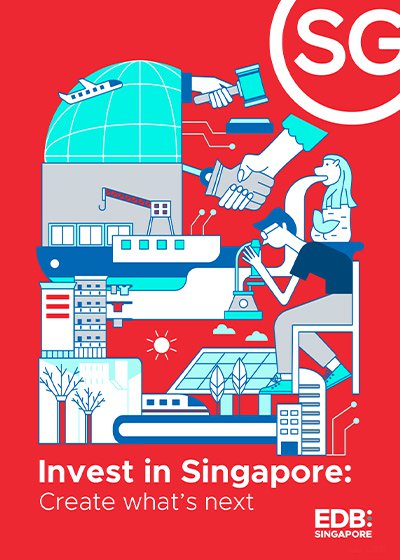ASEAN is in a good position to contribute to, as well as benefit from, major shifts affecting the future of work such as the green transition, digitalisation and resilience of supply chains, said Deputy Prime Minister Heng Swee Keat.
“The future of work is intrinsically linked to the future economy,” he said, speaking virtually at the hybrid HR Tech Festival Asia 2022 and the opening of the Asean Future of Work Conference on Thursday (May 12).
For instance, South-east Asia can be alternative bases for advanced manufacturing to strengthen supply chain resilience. The region's blue carbon stock also has potential to create nature-based solutions for carbon removal.
DPM Heng added that there is a need for countries to ride the next skills wave to take advantage of these new business opportunities. While computer science and digital skills are part of the first wave, the next wave comprises green skills.
"In the past decade, the digital wave came upon us in a big way. The digital economy is now a key engine of growth," he said, adding that numerous digital tech companies have emerged, creating many good jobs and occupations, some of which were previously unheard of.
Many hawkers and micro-enterprises have also gone digital, showing how digital skills are now foundational to many jobs.
Countries should now seize the emerging green wave, said DPM Heng.
"Sustainability is an emerging engine of growth that is taking on greater momentum, and much more still needs to be done before countries can meet their net zero goals."
Just like digital literacy, green literacy may become a foundational skill for jobs of the future, with more green-collar jobs being created in more mature fields, such as sustainable finance and solar management.
There are also green-collar jobs being created in emerging areas such as hydrogen and tidewater architecture.
Green skills will continue to be defined and developed in the coming years, said DPM Heng, and it may be some time before a wider range of training pathways and appropriate salary premiums settle.
To ride the different industry waves, stakeholders like companies, workers and governments need to work in collaboration, he added.
The workforce will also need to collectively adapt to the changing construct of work, with evolving social norms and preferences of workers as a result of the Covid-19 pandemic.









